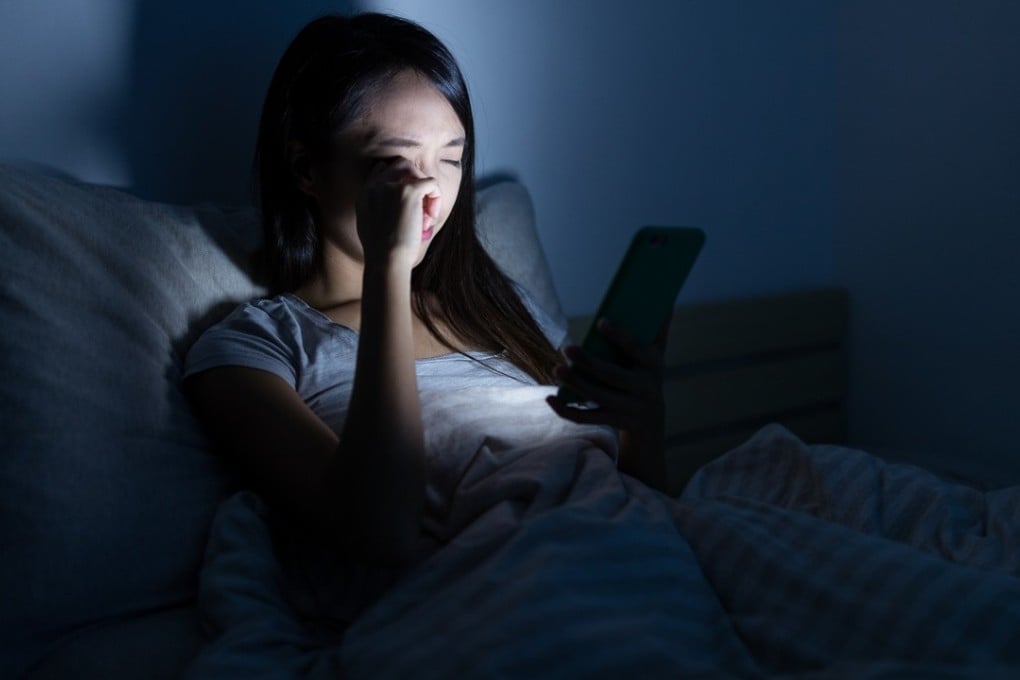Don’t be like Hong Kong leader Carrie Lam with only 3 to 5 hours’ sleep, doctors warn
Sleep deprivation is widespread in Hong Kong and can shave years off your life, according to studies

In a recent interview with the Post, Hong Kong leader Carrie Lam Cheng Yuet-ngor revealed that she only gets three to five hours of sleep per night due to her taxing schedule.
For many Hongkongers, this is a familiar complaint that is often seen as part and parcel of the city’s “work hard, play hard” culture. Some may even view getting little sleep as a badge of honour that is a mark of how “busy”, and therefore successful, they are in their professional lives.
But the widespread nature of this problem in Hong Kong should not be ignored. A 2003 University of Hong Kong study found that sleep deprivation affected a staggering 92 per cent of working-age city residents, while a more recent 2011 Health Department census found that over a third of adult Hongkongers failed to get seven hours of sleep per night on average.
Hong Kong is not alone when it comes to having a citywide sleep problem. Some 44 per cent of Singaporeans sleep for fewer than seven hours a night on weekdays, a study from last year found. Meanwhile, a third of Londoners have said they are too busy to get enough shut-eye, according to a 2016 survey.

Dr Samson Fong from the Hong Kong Society of Sleep Medicine recommends limiting the use of digital devices in the evening and developing a regular sleep schedule.
“It is a good habit to go to bed and get up at nearly the same time both on weekdays and weekends,” he says.